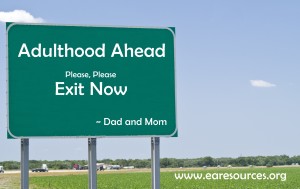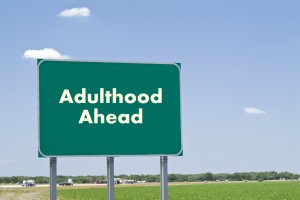You may have a good mentor.
You may have a great mentor.
You may have the world’s best mentor.
However, I have bad news for you. Your mentor is not good enough.
I believe in mentoring relationships. Well, I actually believe in symbiotic relationships which better expresses the mutual benefits of the relationship. I also prefer the word discipleship (2 Timothy 2:2), but since neither of those words are trending, I will stick with the word mentor (imagine your favorite sad emoji – here).
Here are four reasons why your mentor is not good enough.
The instability of life.

SourceURL:https://fivethirtyeight.com
The geographical instability of Emerging Adults causes instability in many other areas of life including: income, living situations, and relationships. Distance affects our relationships, and it doesn’t always make the heart grow fonder. While relationships can continue long distance, you can’t get a hug online. Make sure you have multiple healthy relationships in case your life (or their life) makes a sudden left turn.
Your mentor is not fully equipped to meet all your needs.
I am high maintenance. Ask my mentors. Ask my wife. Ask my friends.
The good news for them is that I am worth it.
And so are you.
One individual cannot possibly meet all your needs. Even the best mentors are limited in their own skills, knowledge, and bandwidth. There are people who perform some elements of what mentors do, while failing altogether in other elements. (Parks 2000) We all have various needs which may include: social, vocational, relational, financial, and academic. Take time to reflect and understand the depths of your needs and identify several individuals who can support you.
Your mentor doesn’t have the time to meet your needs.
We all live under time constraints, and have a limited network of relationships. While our mentor may want to spend time with you, other issues may rightly take precedence in their life. No single relationship can satisfy the casting needs for the drama of our becoming. (Parks 2000) We are all needy – at times in life. We need regular support, and putting that pressure on one individual to meet your needs moves a mentor towards burnout. If you always see Jane on the weekends, but she works during the week, maybe you can locate someone who has a similar schedule as you to connect with during the week.
Your mentor cannot give you a proper concept of community.
Mentoring should not simply be done exclusively in coffee shops, but should extend into everyday, dynamic contexts. While a mentor can help you process the issues in life, you also need mentors with whom you can experience life together. According to Parks, places that typically represent the power of mentoring communities in young adult lives are higher education, professional education, workplaces, travel, the natural environment, families, and religion. (Parks 2000) In a community setting, mentors can see the individual’s behavior, and observe how others respond.
Your mentor is not enough. This is the purpose of mentoring community and the beauty of the body of Christ. A church which seeks to build intergenerational relationships is naturally designed to fulfill this purpose (Read More).
 Dr. G. David Boyd is the Managing Director of EA Resources, and the Founder of the EA Network – a Facebook community focused on those who minister to emerging adults.
Dr. G. David Boyd is the Managing Director of EA Resources, and the Founder of the EA Network – a Facebook community focused on those who minister to emerging adults.










 “Adulthood today lacks a well-defined roadmap”, writes Steven Mintz, in his forthcoming book The Prime of Life. “Today, individuals must define or negotiate their roles and relationships without clear rules or precedents to follow”.
“Adulthood today lacks a well-defined roadmap”, writes Steven Mintz, in his forthcoming book The Prime of Life. “Today, individuals must define or negotiate their roles and relationships without clear rules or precedents to follow”.
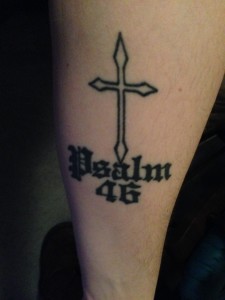 He had asked his son to refrain from tattoos until he was twenty-one. The father’s reasoning included the under-developed brain of emerging adults,
He had asked his son to refrain from tattoos until he was twenty-one. The father’s reasoning included the under-developed brain of emerging adults, 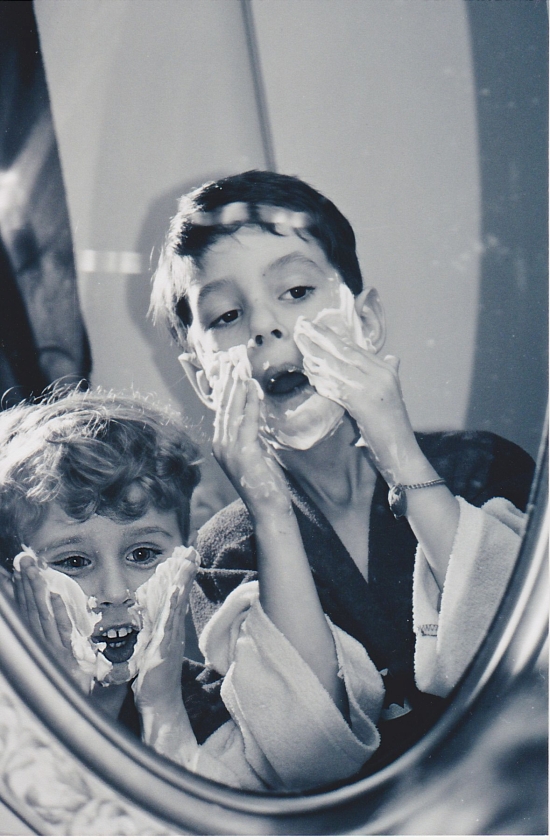
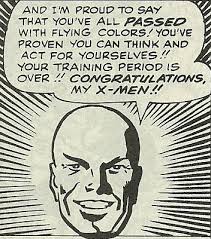

 Here is an
Here is an 
